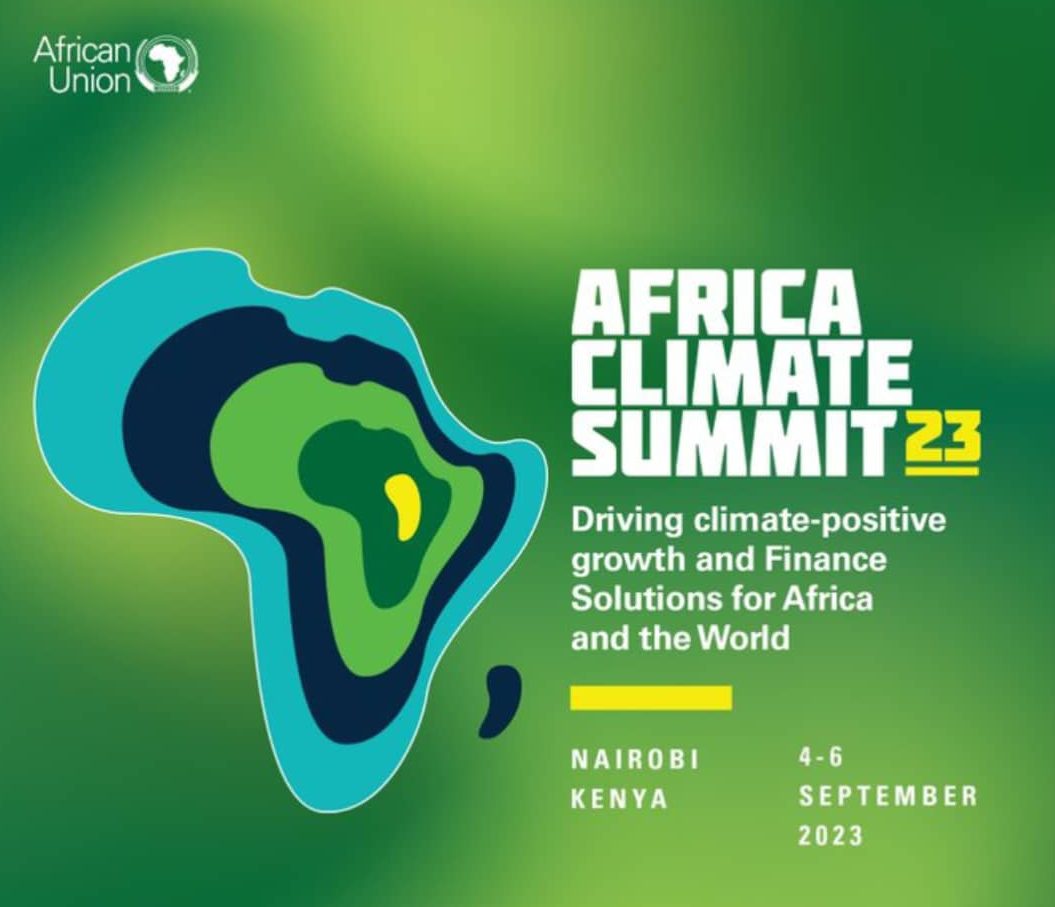
This stance is part of the declaration presented to the Kenyan President, William Ruto, on the last day of the AYCA summit yesterday.
The AYCA representative, Elizabeth Wathuti, called for the collaboration of African leaders in the decision of the AYCA.
The Youth declaration reads in part, “We further oblige upon the key stakeholders to recognise, promote and invest in the decision of the African Climate Youth Assembly to establish the assembly as the principle forum for consolidating, meaningfully enhancing the coordination of youth engagement in the climate governance across members states beyond the African Climate Summit and also further urge the key stakeholders to support youth inclusion in advancing Africa’s sustainable development goals and the green growth agenda in continental forums.”
The youths further demanded the inclusion of the youth division of the Africa Union Commission to integrate the AYCA into their structure in line with Article 19 of the African Youth Charter which called for the sustainable development and protection of the environment to improve the lives of young people and not jeopardise opportunities for future generations.
The group also called for the creation of an intergenerational investment fund to create green jobs for youths and an established United Nations Youths office to be domiciled in Africa.
The demand further read, “We further applaud on creating jobs for young people and equipping them with entrepreneurial skills for solutions and thus fostering resilient livelihoods. Further engage Africa’s youth as advocates for increased access to renewable energy, engage youth in exploring Africa’s agricultural potential in particular to meet the food security challenges on the continent.”
They urged African leaders to invest in youth-led research and innovation to identify local climate solutions.
Also, the representative of the National Indigenous Peoples Coordinating Committee on Climate Change, Ms Anne Samanthe, stated that indigenous people were major actors in solving the climate change crisis.
The demand of the NIPCC came to be from the two-day summit of indigenous people from 20 African countries held last week in Nairobi.
Samanthe further stated that although indigenous people contributed little to the carbon emissions, they suffered the most from the effects of climate change.
The group’s representative called for the consideration of investments in renewable energy, adding that it must be targeted to ease the mobility of indigenous people which would ensure resilience.
Samanthe called for the adoption of the local knowledge and traditional skills of the indigenous people in adaption and mitigating the climate change crisis.
They requested the recognition of the knowledge of the indigenous people in climate change resilience.
Also, the group requested an Indigenous People’s Climate Resilience Change fund to mitigate the impacts of climate change and the incorporation of the Indigenous people in the African Union.
On her part, Kenya’s Cabinet Secretary, Environment, Climate Change and Forestry, Soipan Tuya, stated that the summit presented an opportunity for Africa to develop and pick up abandoned opportunities that could solve the climate crisis.




